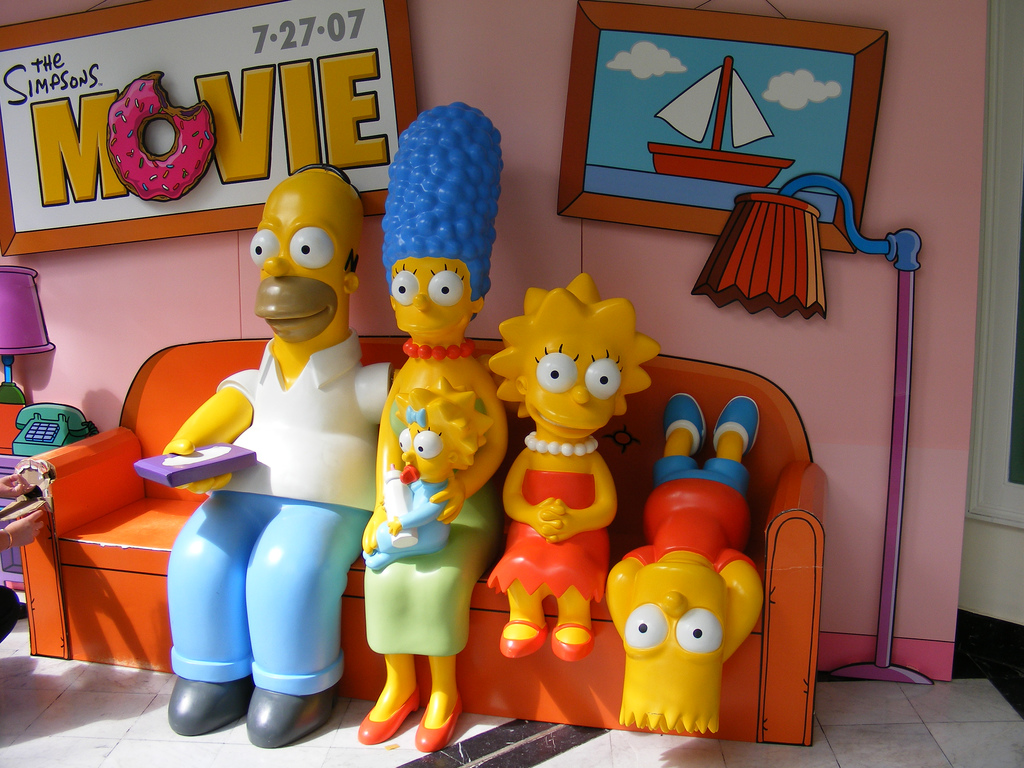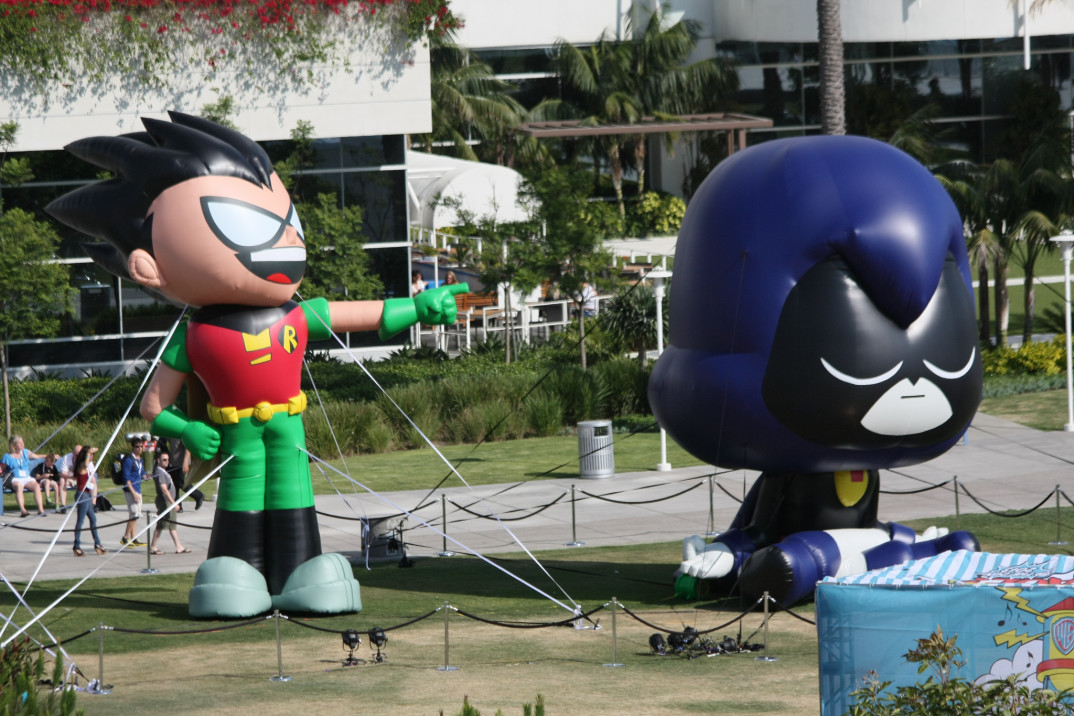For nearly 30 years, The Simpsons has been making tongue-in-cheek jokes and chronicling, albeit satirically, the American way of life. As the longest-running cartoon in American television history, the show has had generational range in its influence, which is a rare feat in a modern, Netflix-binging society. In many ways, The Simpsons set the precedent for satirical cartoons and sitcoms to come, with its exaggerated depictions of the stereotypical American family. But it is not only the American family that The Simpsons has stereotyped in the last 29 years; they have also targeted characters ranging from CEOs to clowns. Continue reading “From Minstrel Shows to The Simpsons: Racism in American Comedy”
Animated Television: A Boys’ Club?
For many people, animated cartoons form a central pillar of childhood. Whether they are classics like Looney Tunes and Tom and Jerry or newer shows like Spongebob Squarepants and The Adventures of Gumball, cartoons have been a primary source of entertainment for generations of children. Besides the occasional fart joke, such cartoons seem fairly harmless. In their representation of women, though, such shows can act as anything but.


